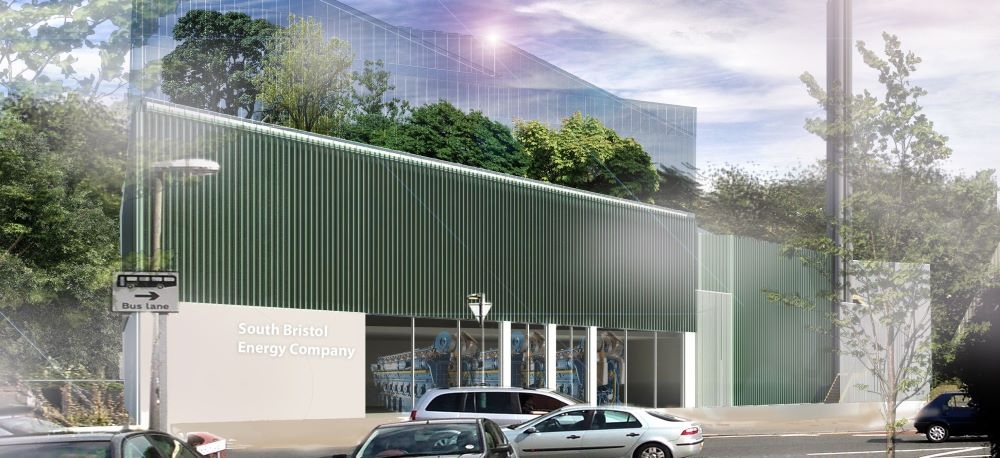Standing up to climate change with Smarter Heating
Martin Pickard, investment director at Low Carbon, discusses how smarter heating and CHP in particular can lower energy costs for consumers and ultimately reduce carbon emissions.
The outcome of the recent UK Climate Change Risk Assessment Evidence Report 2017 was that ‘More Action’ was needed in the country to prevent damage, particularly to health, wellbeing and productivity from flooding. Major concerns were highlighted by the Climate Change Committee, should Britain continue to remain relatively passive in its efforts to combat the consequences of climate change.
Therefore, it’s crucial that we start making some changes to how we live and run our businesses across the country. As domestic heating is the largest contributor to CO2 levels emitted in the UK, we think that this sector presents the greatest opportunity.
That’s where smarter heating comes in, and new combined heat and power (CHP) processes in particular. There is a pressing need for a move to smarter heating, as it is the largest part of the energy demand in the UK, comprising an estimated 78% of UK consumer energy bills. The future lies in well-designed and planned CHP plants which will provide lower energy costs for consumers, contribute to local and national energy security, and ultimately reduce carbon emissions.
CHP plants work by capturing heat ,normally wasted, in electricity generation and then distributing this heat through water pipes to local homes and businesses. Not only is the process cost-effective, it can also significantly reduce energy usage and lower carbon emissions by up to 30%.
With this in mind, we have recently invested in ENE Developments Limited (ENE) to promote smarter heating throughout the UK. Together, we will finance the design, build and operation of CHP energy networks to service the country’s communities and businesses.
The district to be the first to reap the benefits of our scheme will be Bedminster, an area just south of Bristol, where we’ll work with Bristol City Council to deliver clean energy up to a total of 1,000 new homes.
With the urgency to act upon our emissions levels and energy usage becoming greater than ever, CHP schemes will need be part of the overall solution. We look forward to seeing the technology in action and working with councils and developers across the country to aid in the fight against climate change and provide smart heating to the UK population.

